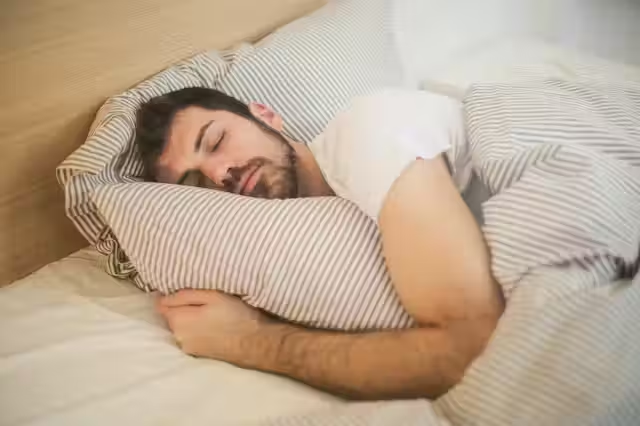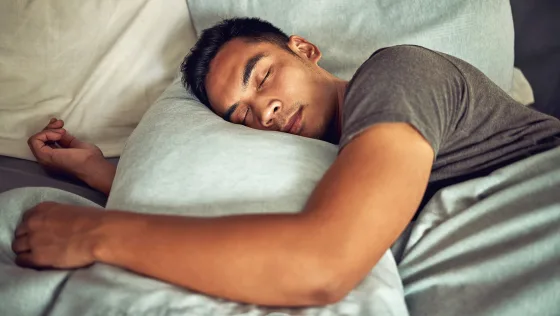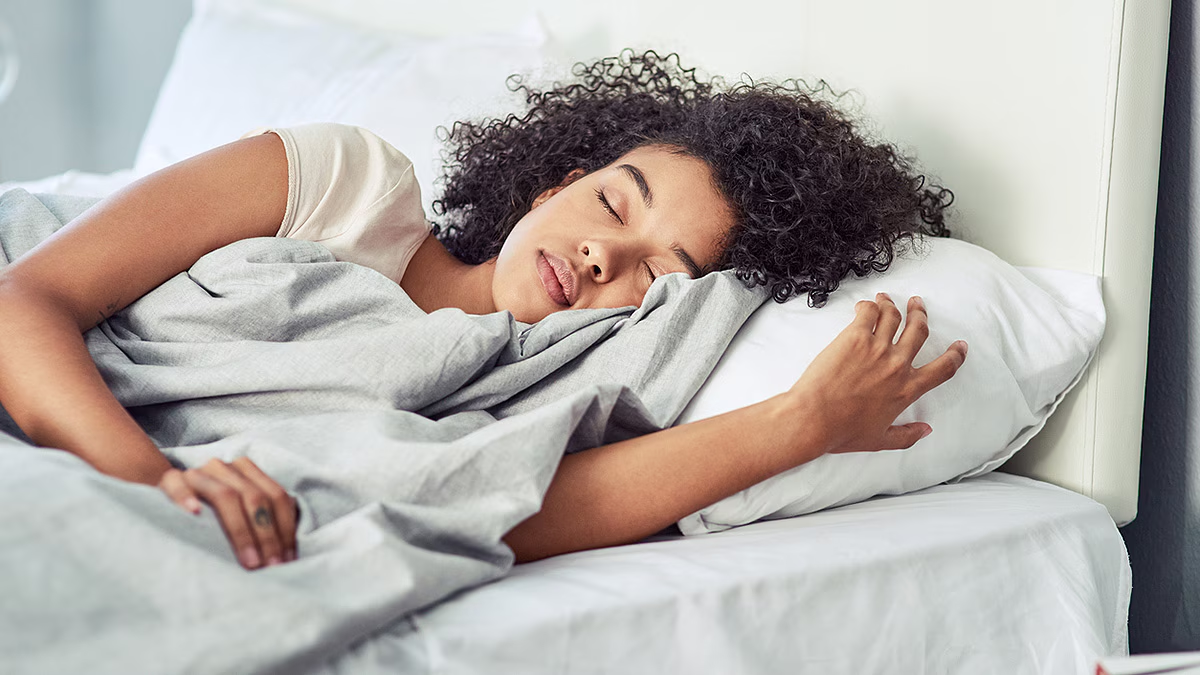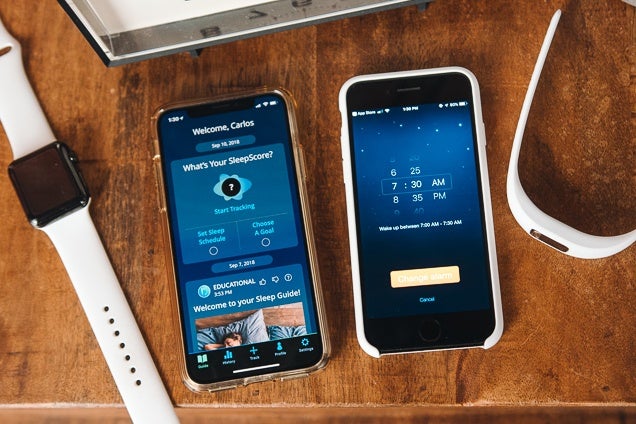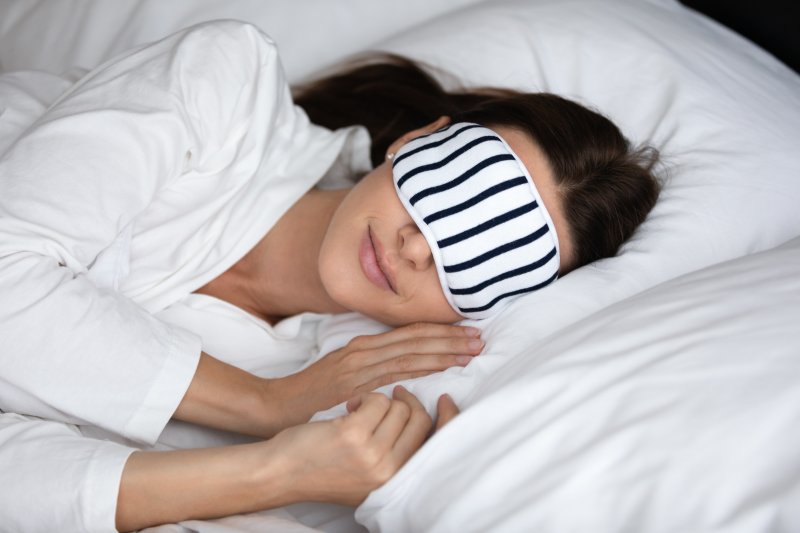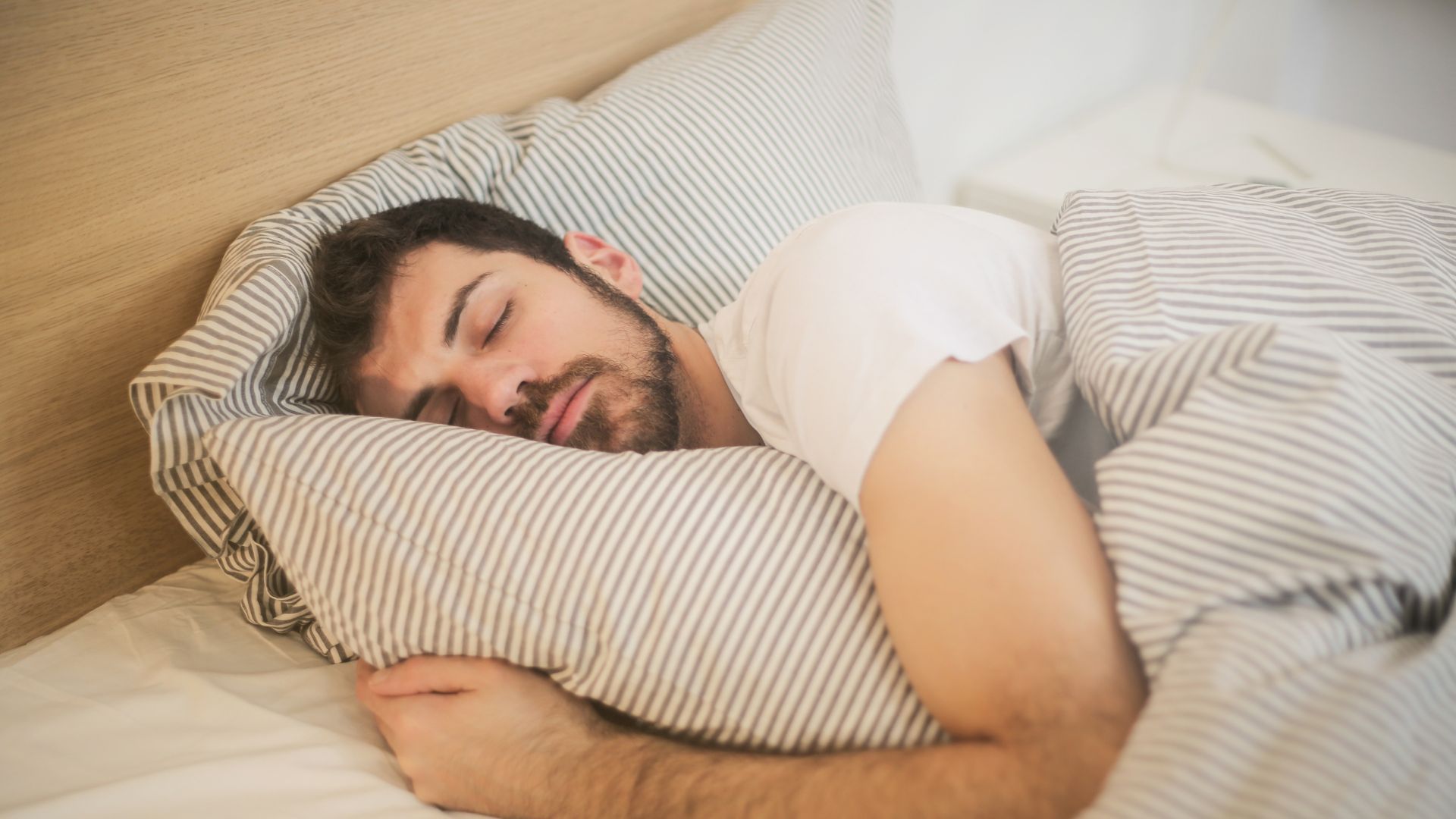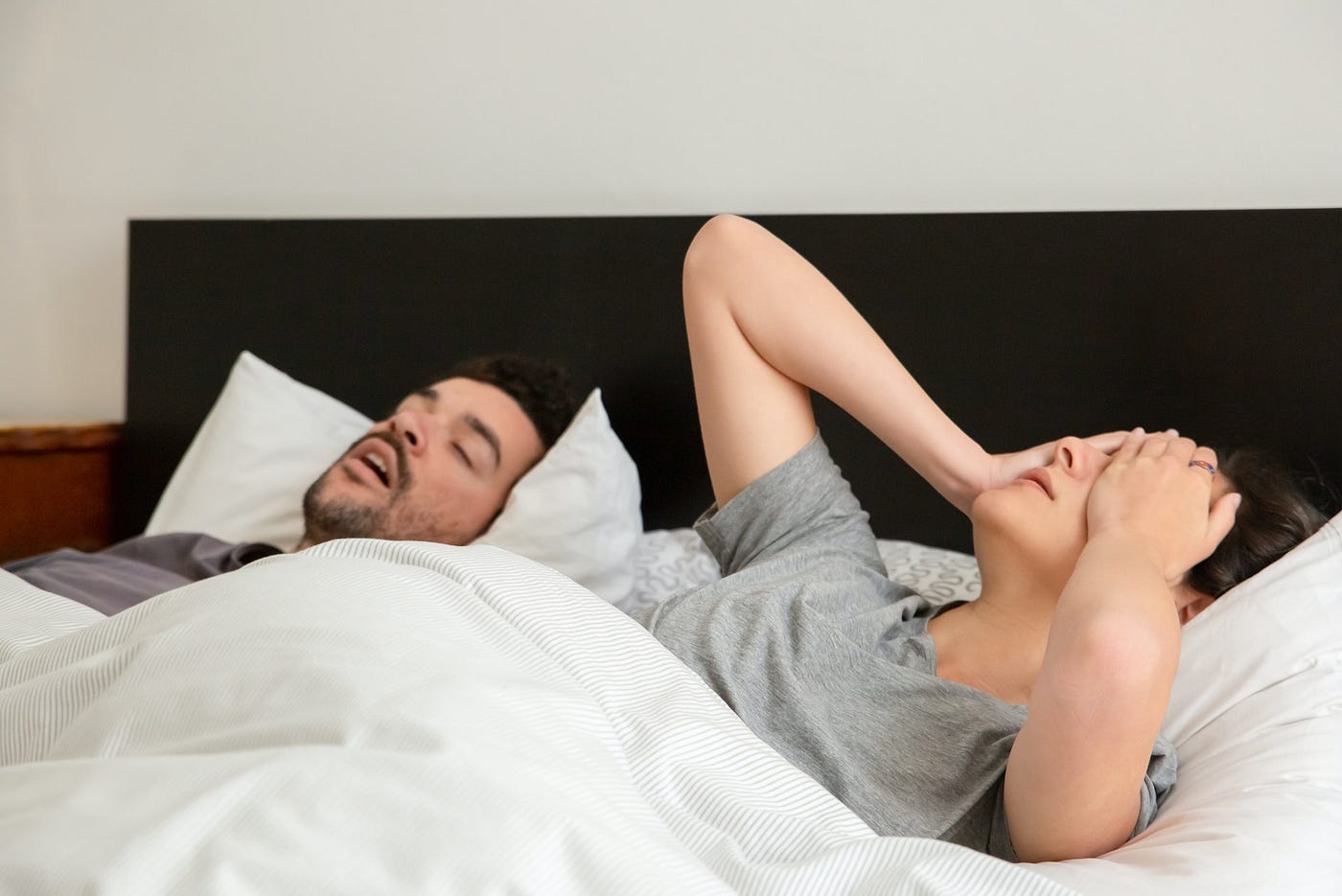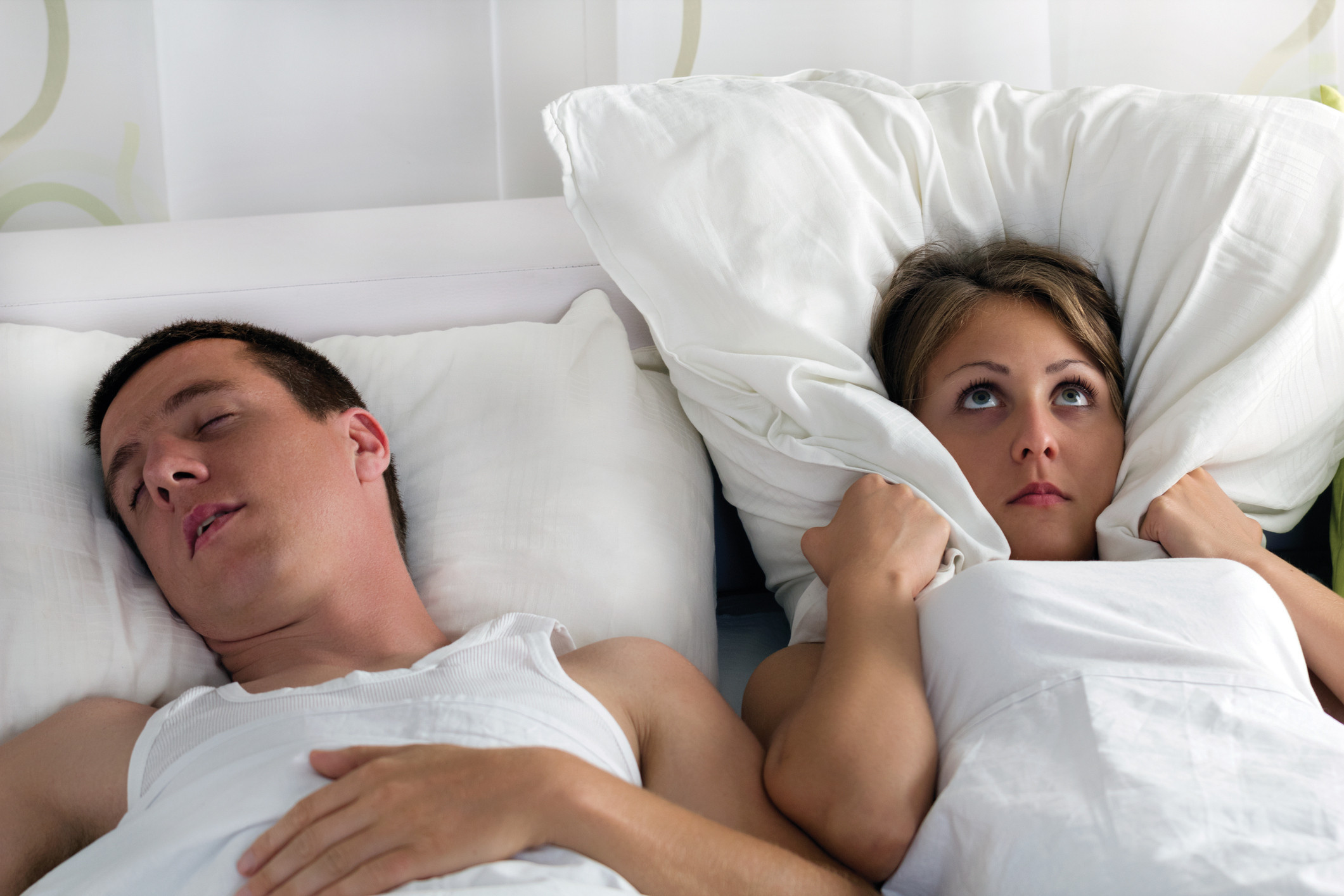Oxygen therapy can significantly improve your quality of life, allowing you to breathe easier and manage respiratory conditions. But like any medical treatment, safety is paramount. This guide provides 10 easy-to-follow tips to ensure safe and effective oxygen therapy at home.
Simple Explanation:
Whether you’re new to oxygen therapy or have been using it for a while, this blog post serves as a helpful reminder of the essential safety precautions to take. By following these guidelines, you can minimize risks and maximize the benefits of your oxygen therapy.
Chart: 10 Safety Guidelines for Oxygen Therapy Use
Safety Guideline | Actionable Tip | Mistake to Avoid | Stat/Source |
Know Your Limits | Understand your oxygen prescription (flow rate & duration) | Don’t adjust flow rate on your own | Using too much oxygen can be harmful. – Cleveland Clinic |
Keep It Clear | Clean nasal cannula/mask regularly as per doctor’s instructions | Don’t reuse disposable cannulas | Clean reusable equipment daily with warm soapy water. – CDC |
Keep Away from Flames | Post “No Smoking” signs near oxygen equipment | Don’t smoke or allow others to smoke near oxygen | Oxygen use increases fire risk in the home. – NFPA |
Power Up Safely | Inspect electrical cord for damage | Don’t overload electrical outlets | Use only the manufacturer’s power cord. – USFA |
Location, Location, Location | Place concentrator on a flat surface away from walls/furniture | Don’t store oxygen tank/concentrator in a closed space | Keep equipment at least 3 feet from heat sources. – ALA |
Signal Strength | Monitor oxygen levels with a pulse oximeter (as per doctor’s instructions) | Don’t ignore low blood oxygen levels | Follow doctor’s instructions and seek medical attention for low oxygen levels. – ATS |
Travel Ready | Contact airline regarding portable oxygen concentrator use on board | Don’t pack oxygen equipment in checked baggage | Check with the airline for specific requirements for portable oxygen concentrators. – FAA |
Signs and Symptoms | Know signs/symptoms indicating problems with therapy or health | Don’t hesitate to call your doctor if you experience concerning symptoms | Contact the doctor for shortness of breath, confusion, chest pain, or fever. – Cleveland Clinic |
Safety First | Carry a doctor’s note explaining your condition when traveling with oxygen | Don’t forget extra batteries/backup power source for portable concentrator | TSA allows medically necessary liquids (oxygen) through security if declared. – TSA |
Service and Support | Schedule regular maintenance checks for your oxygen equipment | Don’t attempt to repair or modify equipment yourself | Follow manufacturer’s instructions for cleaning, maintaining, and troubleshooting equipment. – AARC |
1. Know Your Limits: Understanding Your Oxygen Prescription
Actionable Tip: Ask your doctor to explain your oxygen prescription clearly. This includes understanding the flow rate (amount of oxygen per minute) and duration of use (how many hours per day).
Mistake to Avoid: Don’t adjust your oxygen flow rate on your own. Always follow your doctor’s specific instructions.
Stat Alert! Using too much oxygen can be harmful and lead to side effects like headaches and coughing. Source: Cleveland Clinic: Oxygen Therapy (https://my.clevelandclinic.org/health/treatments/23194-oxygen-therapy#additional-common-questions)
Scenario 1: Kiran, a new oxygen user, felt unsure about adjusting her oxygen flow rate. By asking her doctor for clear instructions, she felt confident managing her therapy safely.
Scenario 2: Rajesh, who adjusted his oxygen flow rate based on how he felt, accidentally used too much oxygen and experienced a headache. Following his doctor’s prescribed flow rate helped him avoid future discomfort.
2. Keep It Clear: Maintaining Clean Equipment
Actionable Tip: Clean your nasal cannula or mask regularly as per your doctor’s instructions. This can help prevent infections.
Mistake to Avoid: Don’t reuse disposable nasal cannulas. Replace them as recommended by your doctor or your provider.
Stat: The Centers for Disease Control and Prevention (CDC) recommends cleaning reusable oxygen equipment daily with warm soapy water and rinsing thoroughly. Source: Centers for Disease Control and Prevention: Home Oxygen Therapy https://www.lung.org/lung-health-diseases/lung-procedures-and-tests/oxygen-therapy/getting-started-with-oxygen
Scenario 1: Priya, who diligently cleaned her nasal cannula daily, avoided any respiratory infections during her oxygen therapy.
Scenario 2: Rahul, who reused disposable cannulas to save money, ended up developing a respiratory infection. Following proper cleaning and replacement practices is crucial for preventing such issues.
3. Keep Away from Flames: The Fire Risk of Oxygen
Actionable Tip: Post clear “No Smoking” signs in your home, especially near your oxygen equipment.
Mistake to Avoid: Don’t smoke or allow others to smoke near your oxygen. Oxygen can make fires burn hotter and faster.
Stat: The National Fire Protection Association (NFPA) states that oxygen use increases the risk of fire in the home. Source: National Fire Protection Association: Oxygen Use in the Home https://cameochemicals.noaa.gov/chemical/8967
Scenario 1: Aisha, aware of the fire risk, displayed “No Smoking” signs prominently in her home and educated her family about oxygen safety.
Scenario 2: Vikram, who occasionally smoked near his oxygen concentrator, unknowingly put himself at risk of a fire. Understanding the fire risk is essential for safe oxygen therapy.
4. Power Up Safely: Handling Electrical Cords
Actionable Tip: Inspect the electrical cord of your oxygen concentrator regularly for any signs of damage or fraying.
Mistake to Avoid: Don’t overload electrical outlets by plugging in too many appliances near your oxygen concentrator.
Stat: The U.S. Fire Administration (USFA) advises using only the power cord provided by the manufacturer with your oxygen concentrator. Source: U.S. Fire Administration: Home Safety for People Who Use Oxygen https://precisionmedical.com/7-tips-for-maintaining-oxygen-concentrator-safety/
Scenario 1: Mina, following safety precautions, replaced a slightly frayed power cord on her oxygen concentrator to avoid any electrical hazards.
Scenario 2: Dev, who plugged in multiple appliances near his oxygen concentrator, risked overheating the circuit and causing a fire.
5. Location, Location, Location: Positioning Your Oxygen Equipment
Actionable Tip: Place your oxygen concentrator on a flat, stable surface several inches away from walls, furniture, or curtains. This allows proper air circulation.
Mistake to Avoid: Don’t store your oxygen tank or concentrator in a closed space like a closet or cabinet. They need proper ventilation.
Stat: The American Lung Association emphasizes the importance of keeping your oxygen equipment at least three feet away from any heat source like a stove or fireplace. Source: American Lung Association: Using Oxygen Safely https://www.lung.org/lung-health-diseases/lung-procedures-and-tests/oxygen-therapy/using-oxygen-safely
Scenario 1: Anjali, following safety guidelines, positioned her oxygen concentrator on a sturdy table away from walls and ensured proper airflow.
Scenario 2: Ritesh, who stored his oxygen tank in a closet, unknowingly blocked proper ventilation, which could affect the concentrator’s performance.
6. Signal Strength: Monitoring Oxygen Levels
Actionable Tip: Ask your doctor how often to check your oxygen levels with a pulse oximeter. This device measures the amount of oxygen in your blood.
Mistake to Avoid: Don’t ignore low blood oxygen levels. Report them to your doctor immediately.
Stat: The American Thoracic Society recommends following your doctor’s instructions for monitoring your oxygen levels and seeking medical attention if they fall below the recommended range. Source: American Thoracic Society: Patient Education – Oxygen Therapy [https://www.youandoxygentherapy.com/en-oxt/view/m105-e501-what-are-the-overall-goals-of-oxygen-therapy-expert-video]
Scenario 1: Sunil, following his doctor’s advice, regularly checked his oxygen levels and reported a slight dip promptly, allowing for timely adjustments in his therapy.
Scenario 2: Rita, who ignored low blood oxygen readings, could have faced potential health complications if left unchecked.
7. Travel Ready: Planning for Trips with Oxygen
Actionable Tip: Contact your airline well in advance to inquire about their policies for using portable oxygen concentrators on board.
Mistake to Avoid: Don’t pack your oxygen equipment in checked baggage. Always keep it in your carry-on for security checks and easy access.
Stat: The Federal Aviation Administration (FAA) advises passengers to check with their airline regarding specific requirements for using portable oxygen concentrators during flights. Source: Federal Aviation Administration: Portable Oxygen Concentrators (POC) on Board Aircraft [https://www.faa.gov/about/initiatives/cabin_safety/portable_oxygen]
Scenario 1: Meera, who contacted her airline beforehand, ensured a smooth travel experience with her Portable Oxygen Concentrator.
Scenario 2: Arjun, who assumed he could bring his Oxygen Concentrator on board without prior approval, faced delays at the airport due to missing airline documentation.
8. Signs and Symptoms: Knowing When to Call Your Doctor
Actionable Tip: Be familiar with the signs and symptoms that might indicate a problem with your oxygen therapy or your underlying health condition.
Mistake to Avoid: Don’t hesitate to call your doctor if you experience any concerning symptoms. Early intervention can prevent complications.
Stat: The Cleveland Clinic advises contacting your doctor if you experience symptoms like shortness of breath, increased confusion, chest pain, or fever while using oxygen therapy. Source: Cleveland Clinic: Oxygen Therapy [https://my.clevelandclinic.org/health/treatments/23194-oxygen-therapy#when-to-call-the-doctor]
Scenario 1: Deepika, who noticed increased shortness of breath while using oxygen, contacted her doctor right away. This allowed for a prompt evaluation and adjustment in her therapy.
Scenario 2: Ravi, who ignored chest pain while on oxygen therapy, could have faced a more serious health complication if he hadn’t sought medical attention.
9. Safety First: Traveling with Oxygen
Actionable Tip: Carry a doctor’s note explaining your medical condition and oxygen needs when traveling with oxygen.
Mistake to Avoid: Don’t forget to pack extra batteries or a backup power source for your portable oxygen concentrator, especially for long trips.
Stat: The Transportation Security Administration (TSA) allows passengers to bring medically necessary liquids, including oxygen, through security checkpoints if declared in advance. Source: Transportation Security Administration: Traveling with Medication [https://www.forbes.com/sites/garystoller/2024/03/20/dos-and-donts-with-meds-through-airport-security/?sh=763f553ce952]
Scenario 1: Kavita, with a doctor’s note and extra batteries in her carry-on, felt confident and prepared during her train journey.
Scenario 2: Bhupesh, who forgot to pack extra batteries for his portable oxygen concentrator, faced anxiety during a long car trip when his battery level dipped lower than expected.
10. Service and Support: Maintaining Your Equipment
Actionable Tip: Schedule regular maintenance checks for your oxygen equipment as recommended by your doctor or the provider.
Mistake to Avoid: Don’t attempt to repair or modify your oxygen equipment yourself. Always rely on qualified professionals.
Stat: The American Association for Respiratory Care (AARC) emphasizes the importance of following the manufacturer’s instructions for cleaning, maintaining, and troubleshooting your oxygen equipment. Source: American Association for Respiratory Care: Home Oxygen Therapy [https://www.aarc.org/wp-content/uploads/2014/08/08.07.1063.pdf]
Scenario 1: Anjali, following the recommended maintenance schedule, ensured her oxygen concentrator functioned properly and efficiently.
Scenario 2: Dev, who tried to fix a minor issue with his oxygen concentrator himself, accidentally caused further damage, requiring professional repair.
Conclusion
By following these 10 safety guidelines, you can ensure optimal benefits and minimize risks while using oxygen therapy. Remember, knowledge is power! If you have any questions or concerns, don’t hesitate to talk to your doctor or a respiratory therapist. Breathe easy, breathe safe, and live a fulfilling life!
Call to Action
Download our FREE printable checklist summarizing the 10 safety guidelines for oxygen therapy use! Click here to download. [Insert downloadable checklist link here]
Share this blog post with your friends and family who use oxygen therapy! Spreading awareness can help create a safe and healthy environment for everyone.
Leave a comment below with any questions you may have about oxygen therapy safety. We’re here to support you!
Resources Section

